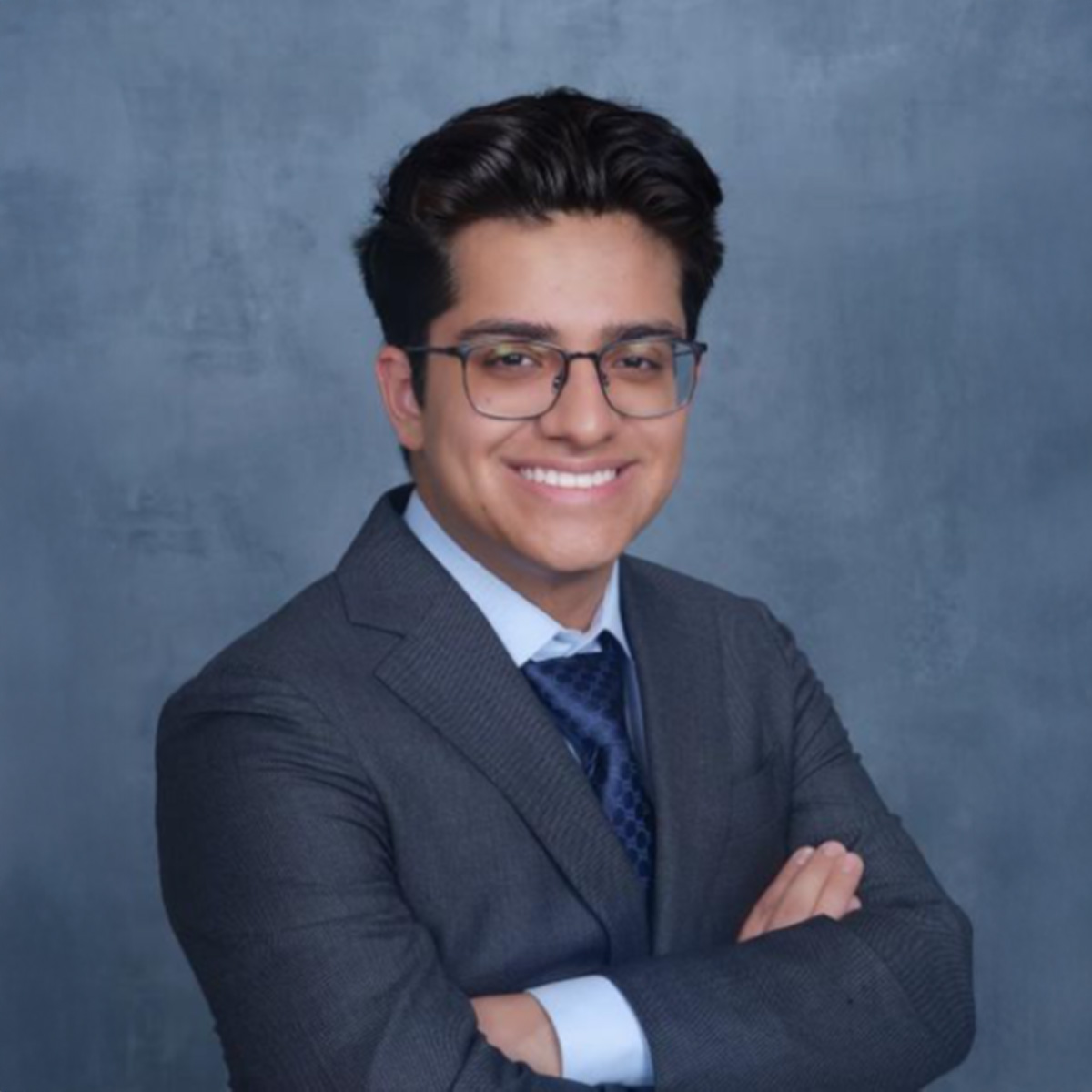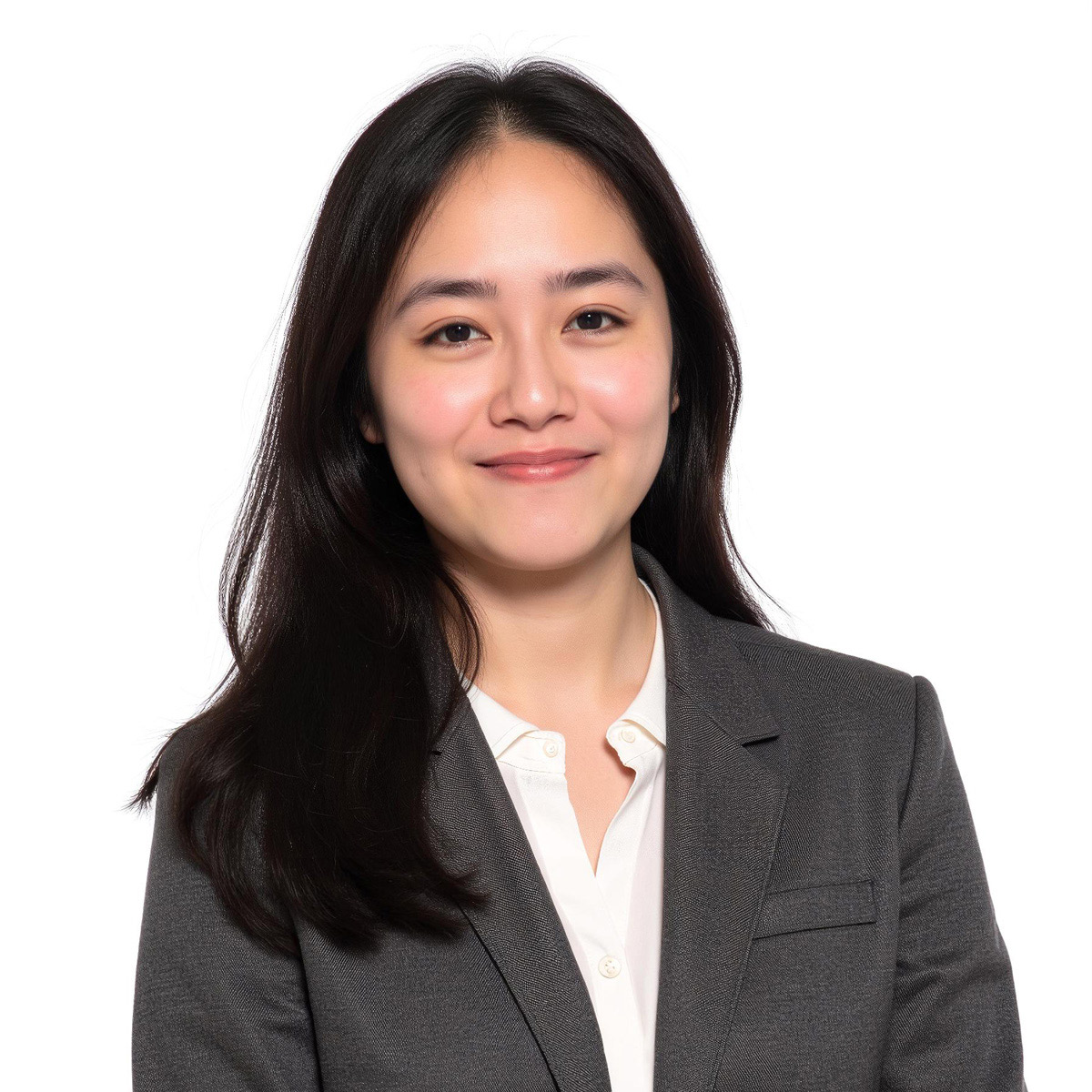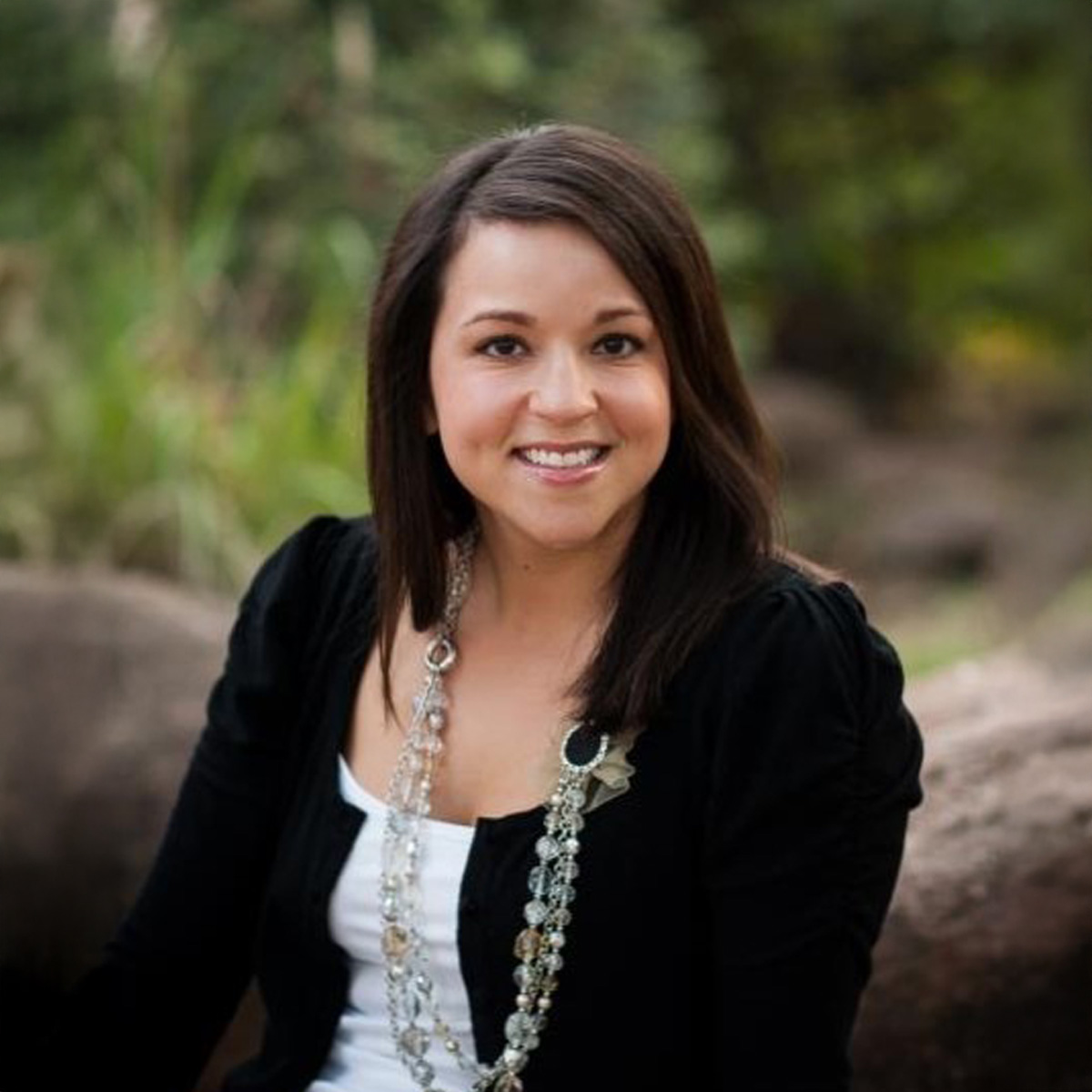Posted on February 24, 2023 by College of Sciences
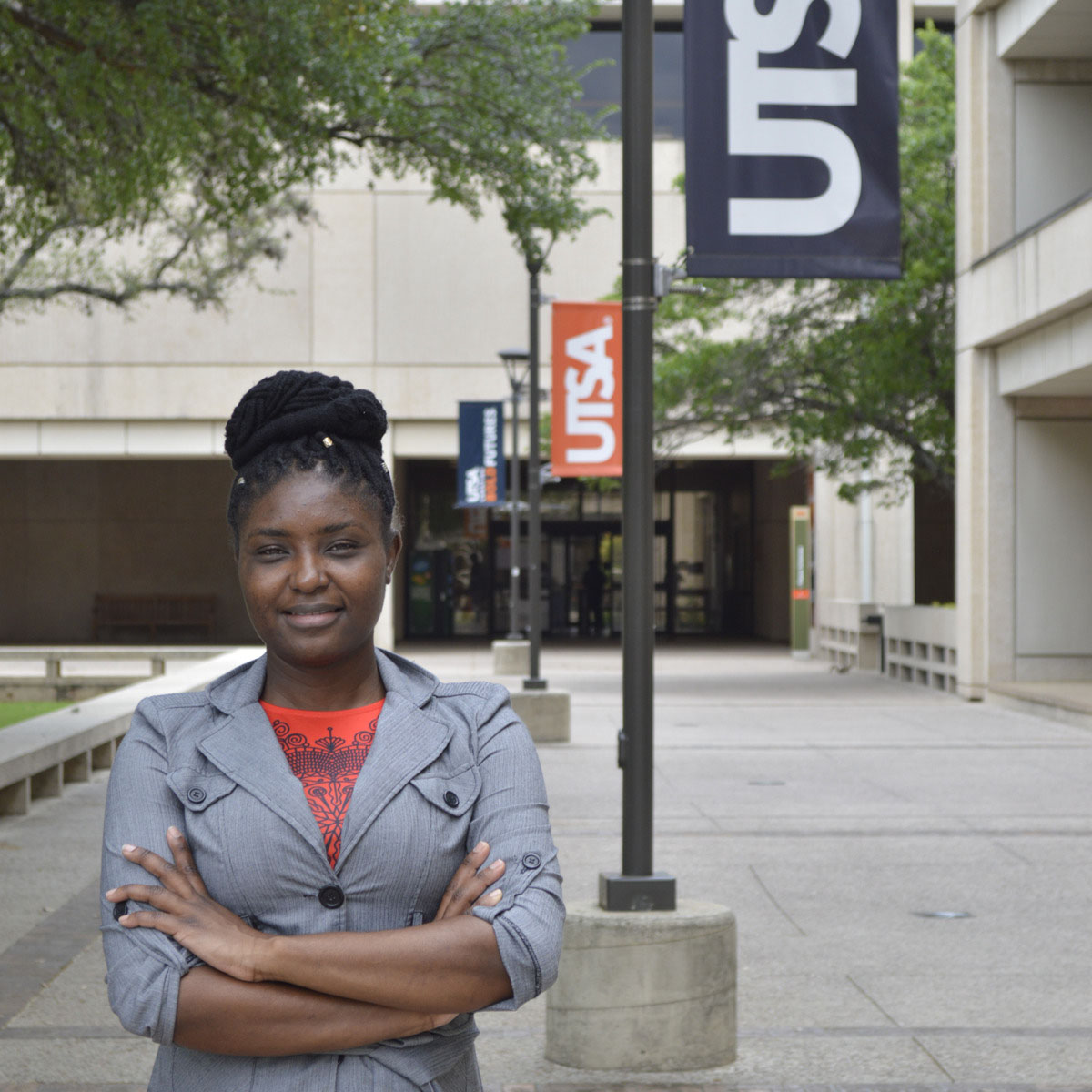
Falonne Colbie Moumbogno, Chemistry Ph.D. Student
By Ryan Schoensee, Senior Communications Specialist
Meet Falonne Colbie Moumbogno 23, Vice President of UTSA's International Students Association (ISA) and proud computational chemistry Ph.D. student.
Falonne's journey with UTSA began when she accompanied the Prairie View A&M University (PVAMU) chemistry club on a visit to UTSA's Main Campus. This overwhelmingly positive experience left an impression on Falonne, leading her to return to UTSA for her graduate studies.
"I was very impressed with the campus, the people I met in the office, and the fellow students," said Falonne. "I had a very pleasant interaction with the chemistry club at UTSA."
As an undergraduate, Falonne decided to attend nursing school before medical school. In 2014, she transferred from Houston Community College to PVAMU. During this time, she chose the biomedical pathway in the chemistry department and became an undergraduate research assistant. This role would eventually lead her to major in computational chemistry, a discipline focused on using large databases to incorporate chemical theory and modeling to envisage, understand, or explain chemical reactivity.
In 2016, Falonne graduated from PVAMU with a B.S. in biomedical sciences. Shortly after, she went on to earn an M.S. in chemistry, which she completed in 2018. Currently, Falonne is pursuing her Ph.D. in chemistry at UTSA. She feels that this track has proven to be an excellent fit for her. "I am doing something I love and the people in the program are so helpful."
As an international student, Falonne has encountered unique barriers and difficult challenges, which is why she cites UTSA's commendable dedication to its students as a strong support system.
"UTSA helped me gain multiple opportunities and made my journey smooth," said Falonne. "I've been able to find all kinds of organizations, and I always have plenty of opportunities to do research or work on campus." Falonne is currently working under Walter Ermler, a professor in the Department of Chemistry who specializes in computational spectroscopy.
The goal of Falonne's research is to understand the phenomenon of hyperconjugation (HC), a stabilizing interaction that occurs when sigma electrons of a bond overlap with an unpopulated p orbital, one of four potentially electron-populated regions of an atom that is characterized by its dumbbell shape. Many similar interactions at the orbital level have been utilized in explanations surrounding conformational phenomena in organic molecules (i.e., their spatial arrangements). However, the observation of this interaction is often met with controversy due to the difficulty of isolating it from other contributing factors. This concept also raises questions about hyperconjugation's role in a chemical reaction.
To address these questions, Falonne draws conclusions using three distinct approaches: 1) determining the presence of HC in a chemical system, 2) evaluating the impact of HC on the system, and 3) quantifying HC as a precursor for catalytic activity in chemical system. In conjunction with these distinct approaches, Falonne is working to develop a database for HC.
This research is essential, as it will further elaborate on the effects of HC, which is used by scientists to understand several other types of chemical phenomena.
In addition to her outstanding scientific contributions, Falonne has also maintained an active role in student life as the Vice President of UTSA's International Students Association (ISA). "As an international student, it is very hard to adapt to a new environment," said Falonne. "However, finding people like you who are willing to guide and support you is fantastic."
The most notable piece of advice Falonne has received was to reach out and ask for help, and she extends that same advice to new and prospective students.
"UTSA will make your scholarly journey a wonderful experience," said Falonne. "In the College of Sciences, everyone is very nice and always willing to help."
As she continues to work on earning her Ph.D., Falonne is continuing her role in graduate research and is an important part of UTSA's scientific community. Her overarching goal is to become a doctor, a path she is well on her way to achieving thanks to her dedication, hard work, and the opportunities she's received at UTSA.
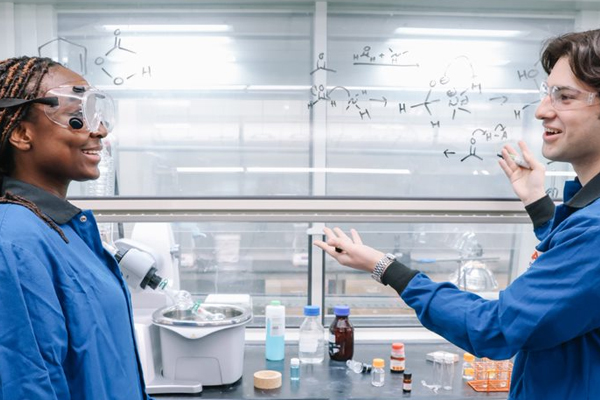
Explore the Chemistry Department!
Promoting scientific literacy through creative research and advances in education, including collaborations within and beyond the university. Students have access to strong research programs, state-of-the-art resources, and competitive financial support.
Recent Chemistry Spotlights
View More Spotlights